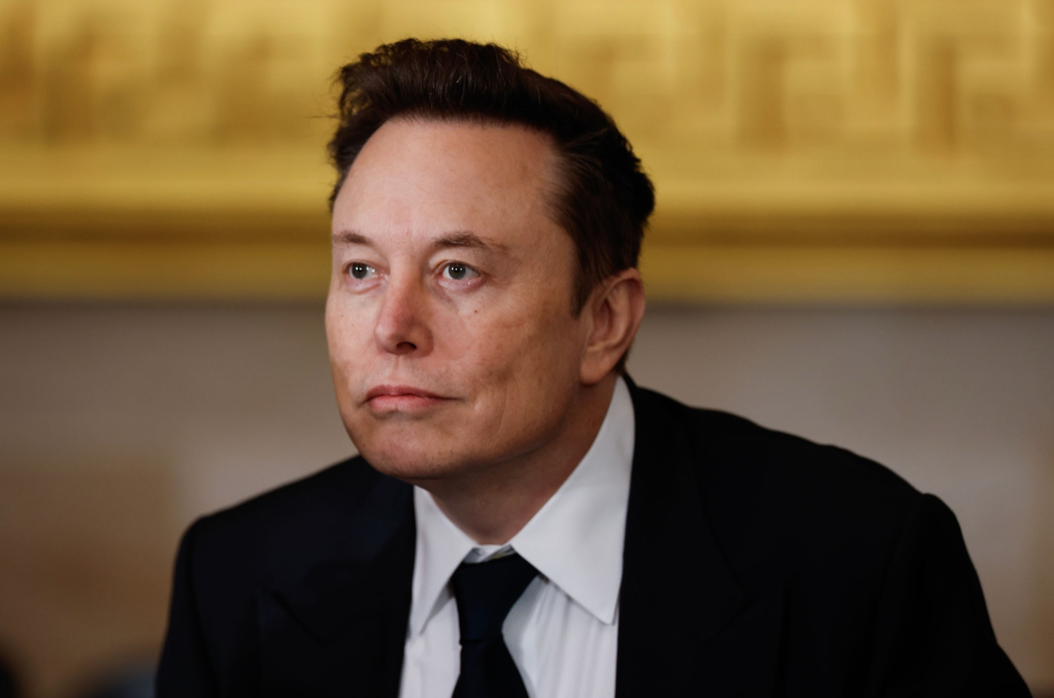Russian President Vladimir Putin shakes hands with Slovak Prime Minister Robert Fico during a meeting in Moscow, Russia, 22 December 2024: Gavriil Grigorov/Sputnik
Slovak Prime Minister Robert Fico said he would take part in the Victory Day parade in Moscow on 9 May, despite a clear warning from the European Union. In his social media posts, the politician emphasised: “I am the legitimately elected prime minister of a sovereign country, and no one will tell me where to travel.”
His statement was a response to an appeal by EU foreign policy chief Kaja Kallas, who called on European leaders to refrain from participating in the celebrations in Moscow as a sign of solidarity with Ukraine. Kallas noted that the appearance of European politicians on Red Square during Russia’s full-scale war against Ukraine would be perceived as political approval of the Kremlin’s actions.
Fico insists that his visit to Moscow is a gesture of respect for the “thousands of Red Army soldiers who died liberating Slovakia”, emphasising the historical context of the event. However, his policy has already sparked protests in Slovakia itself: back in December 2024, Fico visited Moscow and met with Vladimir Putin, becoming the third European leader to do so since the start of the invasion of Ukraine.
International analysts see Fico’s action as an attempt to strengthen his pro-Russian course and oppose the EU’s common line. He has previously opposed military aid to Ukraine, and now he is openly ignoring diplomatic signals from Brussels.
Significantly, in parallel with the Moscow events, the Ukrainian government initiated an invitation to foreign officials and EU leaders to Kyiv on 9 May as an alternative to Russian propaganda and in recognition of the genuine struggle for freedom that Ukrainians have been waging for three years.
According to diplomats, the Kremlin invited not only Fico but also the leaders of China, India, Brazil, Serbia and Armenia to the anniversary celebrations. Moscow is once again trying to use the symbolism of World War II as a tool to legitimise its aggression, claiming that the “special operation” in Ukraine is a “fight against neo-Nazism”.

















